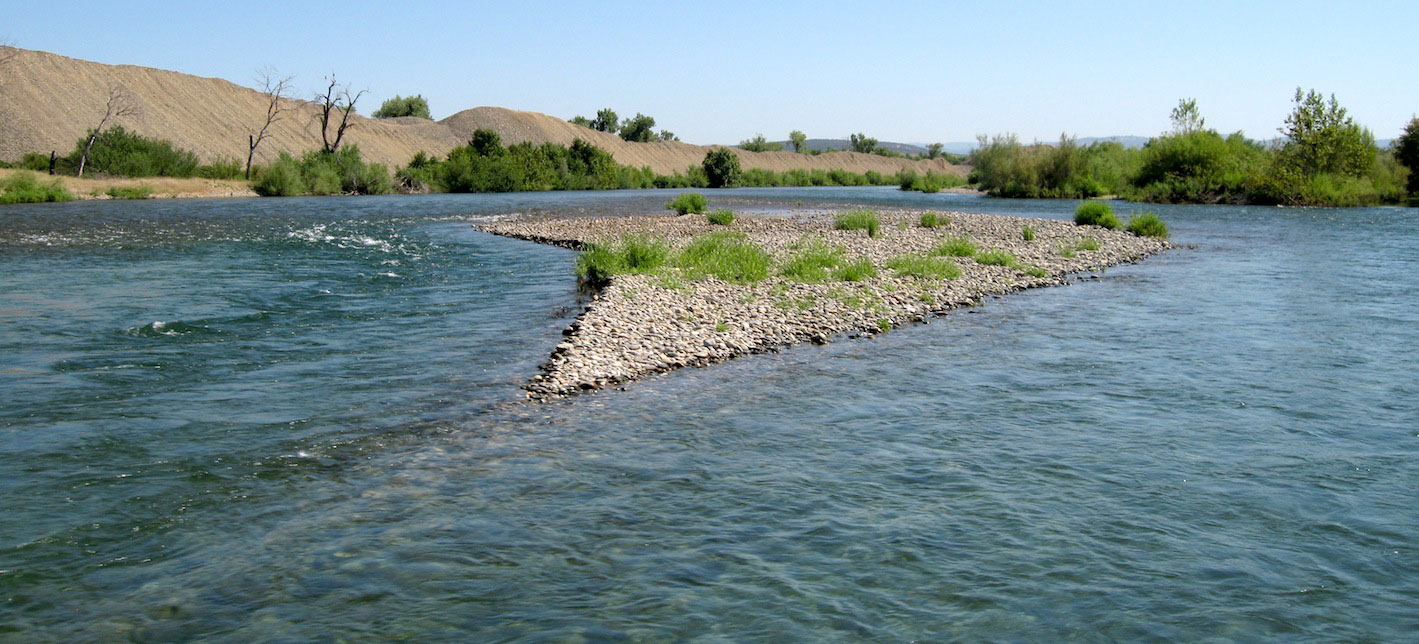In this Section:
Syllabus Instructor Grading Policy Video Response Quizzes Exams In-class Assignments Group Presentations Packback Discussions Online TA Help
Group Presentations
Team-based Hydrological Experiment Design
Motivation For Activity
- In real-world jobs, people spend most of their time working with other people and they also must be effective at developing creative scientific ideas and communicating their ideas through discussion and presentations. Creative thought and skeptical reflection are the two most essential elements of science. Many university courses teach scientific content and critical thinking, but few teach students how to think creatively as scientists. This set of three activities is designed to grow each student's ability to be creative scientists and help them develop their speaking skills.
- This class has 3 of these activities, because repetition is required to learn and develop your abilities to think creatively, work in a group, and speak in front of a group.
Assignment Concept
- On three occassions, class time will be devoted to breaking up into small teams of 3-4 students to integrate and critique the material presented in a topical unit. The challenge for each small group is to identify an aspect of the topic that remains poorly understood and then design an experiment (field, lab, or computer model) that can address the identified problem.
- You should come to class individually prepared for the exercise by completing all relevant readings in advance and thinking about the limitations of the science that has been done so far. Your group will have a full 50 minutes to discuss the topic amongst yourselves and generate an experiment outline. The discussion time will only be sufficient if you come prepared with your individual ideas to contribute to the group.
- Each group will prepare a ~ 7-minute presentation about their experiment, including visual aids in the form of a digital slide presentation. Given 6 groups times 7 minutes = 42 minutes, leaving 1 minute for transition between presentations.
- In the following class meeting each group will present their experiment and receive feedback.
- Every student will fill out a grading sheet judging the presentations of all the other groups. These peer evaluations will be used to assign bonus points to the top presentations.
- Except for unusual situations, everyone in each group will receive the same grade, so make sure that all members contribute fairly.
Oral Graded Elements
- The professor and TAs will try their best to write individual oral communication feedback for each student in each group. That individual performance is not graded per se, but is intended to help each student improve their skills.
- Each group oral presentation will be graded using 100 points and evaluated on the basis of 8 elements:
- Was a clear and sufficient background explanation of the problem explained? (10 pts)
- Was there a clear scientific question, and for each question raised, was there a clear and well-stated scientific hypothesis about it? (20 pts)
- Was there a clear experimental design, and in the design were the individual methods technically sound? (20 pts)
- Were specific data analyses proposed that clearly test the hypotheses? (10 pts)
- Example graphics, tables, or statisticla results that illustrate the expected results of the study? (20 pts)
- Was the experiment novel and of scientific and/or societal significance? (10 pts)
- Was the presentation given in the allotted time? (5 pts)
- Was the group adequately prepared? (5 pts)
- Each student must participate in preparation and presentation of at least 2 of the 6 elements. This insures actual collaboration instead of parsing out work on an individual basis. One goal of this activity is to get students to practice working with others, even when other people have different agendas, desires, and abilities. This is a common experience in a real-world job.
- If a student is not communicating with the group and failing to do the work on a fair basis, then the other group members should continue on with their activity and alert the professor about what is happening.
- Bonus points will be assigned on the following basis:
- Activity 1: each of the top 2 groups get 5 bonus points
- Activity 2: each of the top 2 groups get 10 bonus points
- Activity 3: the top group gets 20 points, 2nd place gets 10 points, and 3rd place gets 5 points.
I'm Scared to Speak Publicly
- Everybody begins at the same point of being very scared to stand in front of others and speak. It is not a question of being good or bad at it, just a question of practice and experience. You will not be penalized for being a beginning speaker, no matter how scared you are. To begin with, focus on just getting through delivery of the content without speaking too fast or softly.
- As you grow your comfort level with being in front of people, try to shift from rote delivery of words to adding pauses and emphases on key points, which is a natural part of speaking mindfully about something you know of instead of just reading words.
- Learn to use your hands to point out elements of the visual aids and gesture appropriately about what you are talking.
- Once you are comfortable with delivering content mindfully, switch gears to imagine what you want your speaking persona to be and start playing with how you can animate yourself more to bring greater charisma to the presentation. There is no one style of speaking that is best, so focus on finding your individual speaking persona.
In this Section:
Syllabus Instructor Grading Policy Video Response Quizzes Exams In-class Assignments Group Presentations Packback Discussions Online TA Help


